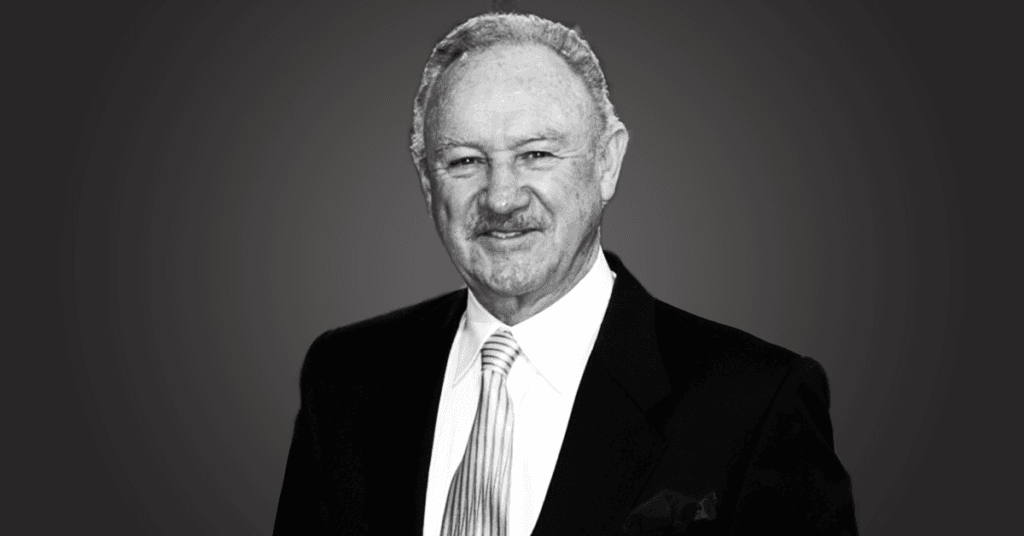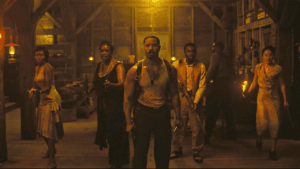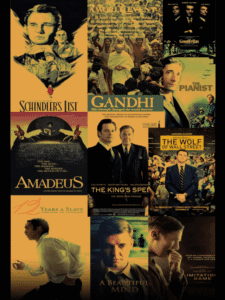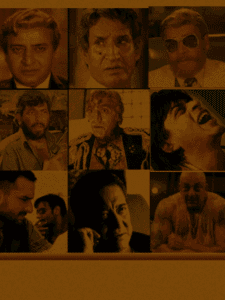Hollywood has lost one of its most revered actors. Gene Hackman, the 95-year-old two-time Oscar winning legend, passed away on February 26, 2025, leaving behind a cinematic legacy that few can match. His career, spanning over five decades, was defined by raw intensity, emotional depth, and an unparalleled ability to bring characters to life.
Hackman and his wife were tragically found dead in their apartment, alongside their beloved dog, a discovery that has left the entertainment industry and fans in deep mourning.
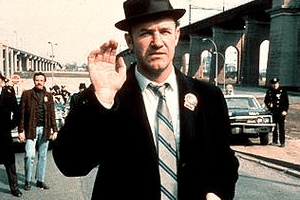
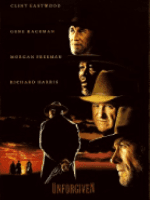
Born in 1930, Hackman’s rise to prominence was a testament to resilience and talent. Unlike many of his contemporaries, he found success later in life, proving that dedication and perseverance always find their reward. His breakthrough came with Bonnie and Clyde (1967), but it was The French Connection (1971) that made him a true Hollywood icon. As Popeye Doyle, he delivered one of the most electrifying performances, earning his first Academy Award. His second Oscar came for Unforgiven (1992), where he played the ruthless sheriff Little Bill Daggett, proving once again his ability to blur the lines between hero and villain.
Beyond his accolades, Hackman’s greatest gift was his ability to embody a wide range of characters with remarkable authenticity. He was never just an actor—he was a storyteller who disappeared into his roles, making each performance feel lived-in and real. His on-screen presence was commanding yet effortless, whether playing a determined lawman, a conflicted antihero, or a quiet and introspective figure.
Hackman’s decision to retire in 2004 was a rare act of finality in an industry where actors often struggle to walk away. He chose to step out of the limelight on his own terms, dedicating his later years to writing novels and enjoying a life away from Hollywood. Though he distanced himself from the industry, his influence remained undeniable, inspiring generations of actors who studied his work and admired his craft.
Gene Hackman: A Personal Reflection
Gene Hackman was never one for theatrics—he didn’t rely on flamboyant gestures or exaggerated performances. He acted with restraint, letting his characters breathe and evolve naturally. Unlike many actors who lean into their personas, Hackman disappeared into his roles, making us believe we were watching real people, not performances.
For those of us who grew up watching him, Hackman represented something rare in cinema: unfiltered realism. He didn’t need grand monologues or over-the-top expressions to captivate audience. A single look, a shift in posture, a quiet sigh—these small yet powerful moments defined his brilliance.
His passing is more than the loss of a great actor; it marks the end of an era. He belonged to a generation of performers who prioritized depth over fame, authenticity over excess. In a world that often celebrates spectacle, Hackman was a master of subtlety, reminding us that great acting isn’t about being seen—it’s about making the audience feel.
Rest in peace, Gene Hackman. The screen may go dark, but your legacy will shine forever.


